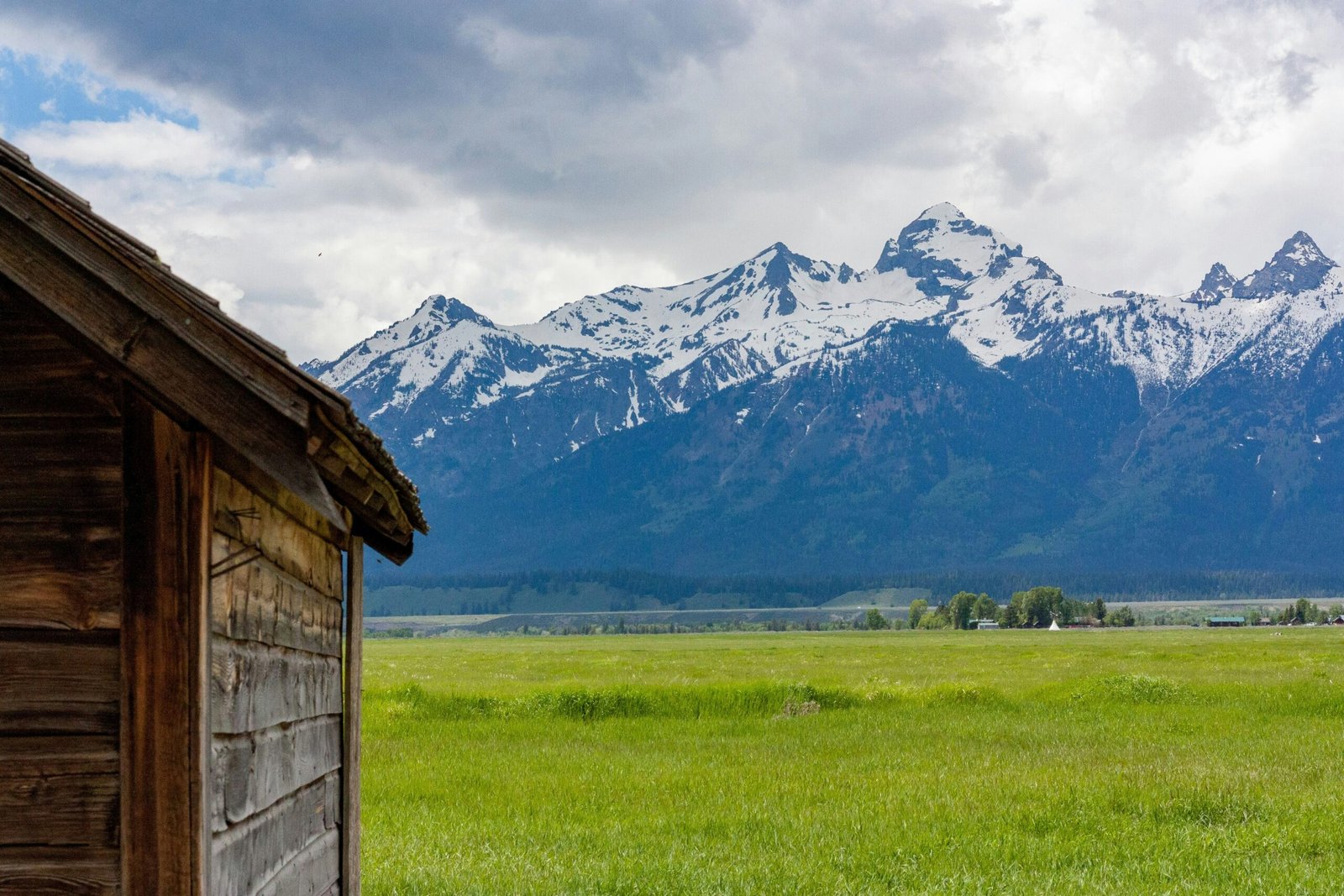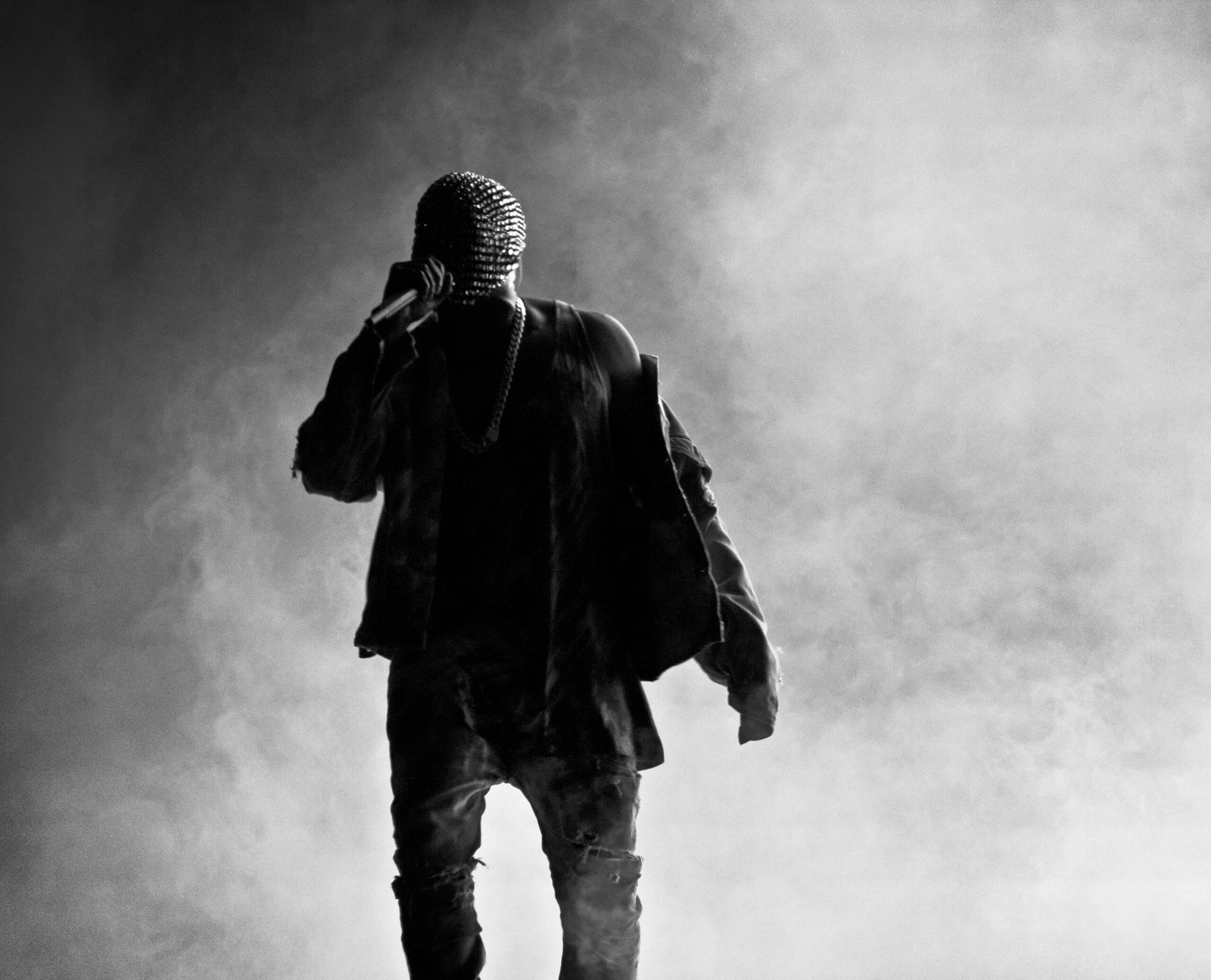
Robert Sylvester Kelly, better known as R. Kelly, was once a celebrated figure in the music industry. With his smooth vocals and catchy R&B tunes, he captivated audiences around the world. However, behind the scenes, a dark and disturbing truth was lurking.
For years, rumors swirled about R. Kelly’s alleged involvement in sexual misconduct and abuse. These whispers grew louder as more and more women came forward with their stories of manipulation and exploitation. The documentary series “Surviving R. Kelly” shed light on the horrifying experiences of his victims, exposing a pattern of predatory behavior that spanned decades.
The downfall of R. Kelly can be seen as a cautionary tale, a stark reminder of the consequences that await those who abuse their power. His fame and success seemed to shield him from accountability for years, but eventually, the truth caught up with him.
In the wake of the documentary, public opinion shifted dramatically. People began to question their support for an artist who had been accused of such heinous acts. The #MuteRKelly movement gained momentum, urging venues to cancel his concerts and streaming platforms to remove his music.
Legal troubles soon followed for R. Kelly. In 2019, he was indicted on multiple charges, including sexual exploitation of a minor, kidnapping, and racketeering. The evidence against him was overwhelming, with testimonies from numerous survivors and damning documents that supported their claims.
The trial that ensued was highly publicized, drawing attention from around the world. As the evidence mounted, it became increasingly clear that R. Kelly’s reign was coming to an end. The once-beloved artist was now facing the consequences of his actions.
Throughout the trial, the victims bravely shared their stories, shedding light on the dark underbelly of the music industry. Their courage in speaking out against a powerful figure like R. Kelly inspired others to come forward and seek justice for the abuse they had endured.
As the verdict was announced, the world held its breath. R. Kelly was found guilty on all counts, ensuring that he would be held accountable for the pain he had inflicted on so many. It was a moment of closure for the survivors, a step towards healing and a testament to the power of their voices.
The downfall of R. Kelly serves as a stark reminder that talent and fame do not exempt individuals from facing the consequences of their actions. It also highlights the importance of listening to survivors and believing their stories, even when they involve prominent figures.
While the music industry continues to grapple with issues of abuse and exploitation, the downfall of R. Kelly has sparked a much-needed conversation. It has prompted a reevaluation of the way we consume and support art, forcing us to consider the ethical implications of our choices.
Ultimately, the downfall of R. Kelly should serve as a turning point, a catalyst for change within the music industry. It should inspire us to create a culture that prioritizes the safety and well-being of all individuals, where artists are held accountable for their actions and survivors are given the support they need to heal.
As R. Kelly’s career soared, so did his personal life. He became known for his flamboyant style and extravagant lifestyle, often seen sporting designer clothes and driving luxury cars. His fame and wealth allowed him to live a life of excess, indulging in the finest things that money could buy.
However, behind the glitz and glamour, there were darker aspects to R. Kelly’s life that would eventually come to light. Rumors and allegations of his involvement with underage girls began to surface, tarnishing his reputation and raising questions about his character.
Despite the mounting controversies, R. Kelly continued to release music and tour, maintaining a dedicated fan base that remained loyal to him. His music remained popular, and his concerts sold out arenas around the world.
But as the years went by, the allegations against R. Kelly became more serious and numerous. Multiple women came forward with stories of abuse, manipulation, and exploitation. The #MeToo movement shed light on the prevalence of sexual misconduct in the entertainment industry, and R. Kelly found himself at the center of the storm.
Documentaries and investigative reports exposed the extent of R. Kelly’s alleged crimes, painting a disturbing picture of a man who used his fame and power to prey on vulnerable young women. The public outcry grew louder, and calls for justice intensified.
In 2019, R. Kelly was arrested and charged with multiple counts of sexual abuse. The trial was highly publicized, with the media closely following every development. As the evidence against him mounted, it became clear that his career would never recover.
The rise of R. Kelly from a talented musician to an alleged predator serves as a cautionary tale about the dark side of fame. It highlights the importance of holding those in power accountable for their actions and the need to support and protect the victims of abuse.
A Troubled Personal Life
Behind the scenes, however, R. Kelly’s personal life was far from perfect. Reports of his questionable behavior and alleged misconduct began to surface, tarnishing his reputation and raising eyebrows among fans and industry insiders alike.
One of the most notable controversies surrounding R. Kelly was his illegal marriage to the late singer Aaliyah. At the time, Aaliyah was just 15 years old, and R. Kelly was 27. The marriage was annulled, but it left a lasting stain on his image.
As more allegations of sexual misconduct and abuse emerged, R. Kelly’s career started to unravel. Multiple women came forward, sharing their harrowing experiences and accusing him of heinous crimes.
The allegations against R. Kelly were not limited to his personal relationships. In 2002, a video surfaced that appeared to show R. Kelly engaging in sexual acts with an underage girl. The video, known as the “R. Kelly sex tape,” became a focal point of the legal battle that followed.
R. Kelly faced charges of child pornography, and the trial became a media spectacle. The case lasted for several years, with R. Kelly maintaining his innocence throughout. However, in 2008, he was acquitted on all charges due to a lack of concrete evidence.
Despite the acquittal, R. Kelly’s personal life continued to be plagued by controversy. More women came forward, sharing their stories of abuse and manipulation at the hands of the singer. The #MeToo movement further shed light on the issue of sexual misconduct in the entertainment industry, and R. Kelly’s name became synonymous with the abuse of power.
In 2019, a documentary series titled “Surviving R. Kelly” aired, further exposing the allegations against him. The series featured interviews with survivors, family members, and industry professionals, painting a damning picture of R. Kelly’s behavior.
The documentary sparked public outrage and led to renewed calls for justice. R. Kelly was arrested and faced a new set of charges, including racketeering, sexual exploitation of a child, and kidnapping. The trial, which began in 2021, is still ongoing as more evidence and testimonies are presented.
R. Kelly’s troubled personal life has undoubtedly overshadowed his musical achievements. While he was once regarded as one of the greatest R&B artists of his time, his legacy is now marred by the allegations of abuse and misconduct that have plagued him for years.
The power of documentary filmmaking cannot be underestimated. In the case of “Surviving R. Kelly,” the series not only brought attention to the allegations against the singer but also provided a platform for the survivors to share their stories. Through powerful interviews and compelling narratives, the documentary gave a voice to those who had been silenced for far too long.
Documentaries have the unique ability to educate, inform, and raise awareness about important social issues. They have the power to capture the attention of the public and create a lasting impact. In the case of “Surviving R. Kelly,” the documentary not only exposed the dark side of the music industry but also sparked a much-needed conversation about the prevalence of sexual abuse and misconduct.
The release of the documentary series was a turning point in R. Kelly’s downfall. It brought the allegations against him to the forefront of public consciousness, forcing people to confront the uncomfortable truth about a beloved figure in the music industry. The stories shared by the survivors in the documentary were powerful and heartbreaking, leaving a lasting impression on viewers.
Furthermore, the documentary series played a crucial role in igniting the #MeToo movement within the music community. It encouraged other survivors to come forward and share their experiences, leading to a wave of accountability and change. The impact of the documentary extended beyond R. Kelly himself, as it shed light on the larger issue of abuse and exploitation within the music industry.
The public’s perception of R. Kelly underwent a dramatic shift as a result of the documentary. Once adored by millions, he was now seen as a symbol of abuse and manipulation. The documentary exposed the dark underbelly of fame and power, challenging the idolization of celebrities and forcing society to reevaluate its values.
In conclusion, “Surviving R. Kelly” exemplifies the power of documentary filmmaking to bring about social change. Through its powerful storytelling and the bravery of the survivors who shared their stories, the series exposed the truth and sparked a much-needed conversation about abuse and misconduct. It serves as a reminder of the importance of giving a voice to the voiceless and holding those in power accountable for their actions.
Legal Battles and Consequences
The release of “Surviving R. Kelly” prompted law enforcement agencies to take action. In 2019, R. Kelly was arrested and charged with multiple counts of sexual abuse and child pornography.
The legal battles that followed were highly publicized, with the world watching as R. Kelly faced his day in court. The testimonies of the survivors and the evidence presented against him painted a grim picture of his actions.
In 2021, R. Kelly was found guilty on all charges, marking a significant victory for the survivors and a long-awaited moment of justice. He now faces the prospect of spending the rest of his life behind bars.
The consequences of R. Kelly’s actions have extended beyond the courtroom. The documentary shed light on the larger issue of sexual abuse and exploitation in the music industry. It sparked a global conversation about the mistreatment of women and the need for systemic change.
As a result, there have been calls for increased accountability and transparency within the entertainment industry. Many artists and industry professionals have spoken out against R. Kelly and vowed to create safer environments for aspiring musicians and performers.
The impact of the documentary also led to the cancellation of R. Kelly’s music career. Streaming platforms and radio stations removed his music from their playlists, and concert promoters canceled his upcoming shows. The once-celebrated artist found himself shunned by the industry he once dominated.
Furthermore, R. Kelly’s conviction has given hope to other survivors of sexual abuse. It has shown them that their voices can be heard and that justice is possible. The courage of the survivors who came forward to share their stories has empowered others to speak out and seek justice for themselves.
While R. Kelly’s legal battles may have come to an end, the consequences of his actions will continue to reverberate throughout society. His case serves as a stark reminder that no one is above the law and that the voices of survivors will not be silenced.
Moreover, the downfall of R. Kelly brings to light the systemic issues within the music industry that enable such behavior to persist. It is not enough to simply hold individuals accountable; we must also examine the structures and institutions that allow for the abuse of power to go unchecked.
One of the key factors that contributed to R. Kelly’s prolonged reign of abuse was the complicity and silence of those around him. The music industry, like many other industries, has a long history of protecting its own, often at the expense of the victims. This culture of silence perpetuates a cycle of abuse, allowing perpetrators to continue their harmful actions without consequence.
Furthermore, the R. Kelly case raises important questions about the role of fans and consumers in supporting artists who have been accused of misconduct. In a society that often idolizes celebrities, it can be difficult to separate the art from the artist. However, we must recognize that by continuing to support and consume the work of individuals who have been accused of abuse, we are complicit in perpetuating a system that allows for such behavior to thrive.
As consumers, we have the power to demand change. We can choose to support artists who uphold ethical standards and use their platform for positive change. By holding ourselves accountable for the media we consume, we can create a demand for a more inclusive and safe entertainment industry.
In addition, the R. Kelly case highlights the importance of education and awareness when it comes to recognizing and addressing abuse. It is crucial that we equip individuals with the knowledge and resources to identify signs of abuse and to support survivors. This includes comprehensive sex education programs in schools, as well as accessible resources for survivors such as counseling services and helplines.
Ultimately, the downfall of R. Kelly should serve as a wake-up call for society as a whole. It is a reminder that no one is above the law and that justice must prevail, regardless of one’s fame or talent. It is a call to action for us to reevaluate the systems and structures that enable abuse and to work towards a more equitable and just society for all.




